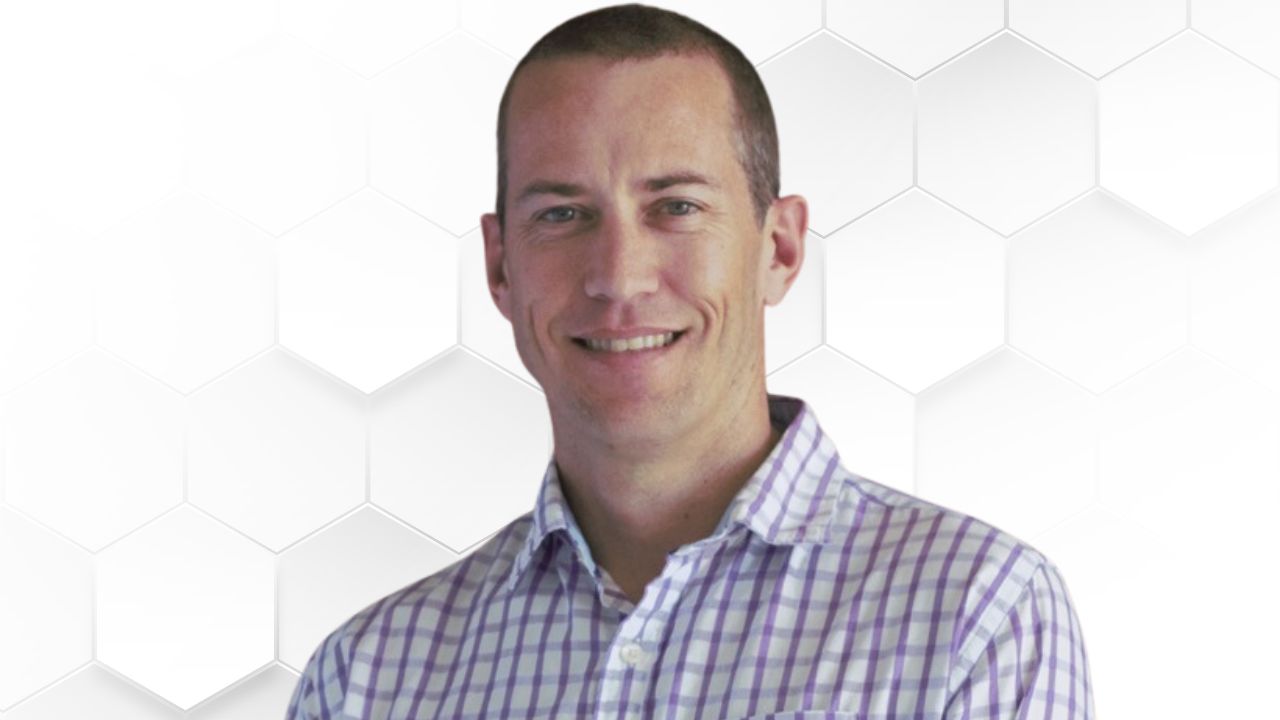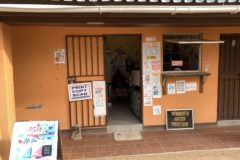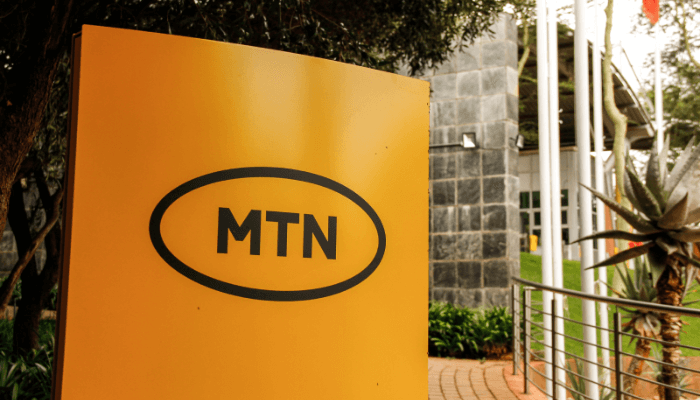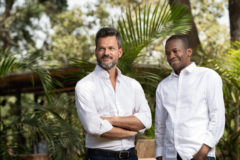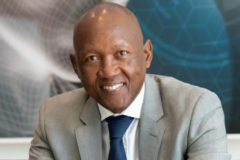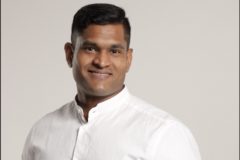Francois Malan, incubator CEO at investment firm Savant Capital, speaks on the firm’s investment strategy over the last 20 years, as well as the future of hardware and deeptech in South Africa.
In this episode of Ask An Investor, TechCabal caught up with Francois Malan, the incubator CEO at South Africa-based venture capital firm, Savant. Founded in 2004, Savant makes investments in hardware and deeptech startups in South Africa.
Savant was founded on the need to bridge the funding gap which existed for technology businesses. It initially started offering incubation support for startups, and in 2019 added a venture investment element after it raised its first fund.
With over 20 portfolio companies, Savant has invested in sectors ranging from agritech to spacetech , with a keen focus on also providing technical support via an in-house advisory incubator in addition to the capital injection. The firm has so far raised one fund, the Savant Venture Fund I, which is almost fully deployed. A second fund worth R500 million is in the pipeline.
Please share more about Savant
Francois Malan: Savant was founded in 2004, by Nick Allen and Kate Turner Smith who were, at the time, coming out of the government-funded Life Sciences incubator and realising they were very limited in their abilities to really help technology businesses. So we started off as an incubator and operated as an incubator up to 2019.
By that time, we were also managing a seed fund on behalf of the Technology Innovation Agency and finding funding for our companies otherwise. We then established the Savant Venture Fund I based on the pipeline that we had available, with support from the SA SME fund, the IDC and TIA along with additional LPs. So we’ve got various components to surround the venture fund, one being the incubator where we build businesses and then also an investment readiness programme, which we launched for the first time in 2022. We’ll be running a second iteration of that in the coming year.
[ad]
Can you please expound more on the fund and the type of investments it makes?
FM: We have approximately R155 million (~$8 million) in assets under management in this component of funding available to us. We have invested in 23 businesses over the last four and a half years, varying in stages from pre-seed to seed and pre-Series A. We invest in hardware and deeptech-focused businesses solving real-world problems with strong science and engineering innovations. Our portfolio has startups in agritech, healthtech, cleantech, and much more. We are in the process of investing in a semiconductor startup based in Pretoria. We have found a range of really fantastic innovators and scientists and engineers in the local market who are doing really fantastic work and that’s where we like to play.
You recently made an investment in a startup called BurnStar. Can you please share more details on that
FM: BurnStar is an early-stage business in the hydrogen space. They make clean hydrogen which is extremely cost-competitive and carbon-friendly. It is a world-leading technology in the renewable energy space not only as an energy carrier but also to replace dirty hydrogen in other applications like steel manufacturing and industrial processing. It was founded by Johan Brand about four years ago based on his PhD research and we bought into the novelty of the technology and the commercial application of it.
What would you say is your investment strategy?
FM: The Savant Fund 1 strategy is focused on finding South Africa-developed science and engineering innovations, based on strong science and engineering technologies. Although developed by SA teams, we are also looking for businesses that we can take into other markets, whether that’s across the continent or into other parts of the world.
We’re looking for companies that have innovative solutions to real problems. Companies that understand who their customer is, and what problem they’re solving for that customer. Those are really the key understandings. We want to see differentiation. We try not to invest in businesses that are doing B2B solutions. We like to see strong technical teams with a component of business understanding.
We have now almost fully deployed Fund 1, having committed the fund we had available. And we’re now in the process of raising Savant Fund II which will be a green economy-focused fund. We are targeting R500 million (~$26 million) with a keen focus on South African startups. We will also be targeting other regions on a 70:30 ratio so as to play to our strengths which is our experience in the SA market.
What challenges have you faced in your operations?
FM: I would have expectations in terms of valuations. We’ve been very thorough and conservative in our valuation approaches. The opportunities haven’t gone away in the market but expectations of significant valuations have changed over time particularly when you move from one round to another. There have been some scenarios where people went in at valuations that were unsustainable in the long run, and perhaps have been burnt a little bit.
We did see a number of deals that we really liked over the last couple of years that we didn’t invest in because their valuations, in our opinions, were out of sync with what we felt those companies should be. But I think by and large, the investments that we have made have been well-valued. And we expect that when we go into the next rounds, we do expect reasonable significant upticks in our valuations. So I think we’ve done well to weather the challenges and I think playing in a niche has kind of insulated us a little bit. Playing in the hardware and deeptech space means that we have been a bit insulated from a lot of the hype in other industries.
What would you say is the future of hardware and deeptech innovation in South Africa?
FM: Savant was founded on the back of a realisation and acknowledgement that there’s a significant amount of innovation taking place in South Africa. Particularly, a significant amount of innovation was taking place but just didn’t reach the market because it didn’t have the right kind of support or funding. So we’ve always been extremely bullish on the opportunities available.
From a market perspective, we believe where there’s a need, there’s a way. As the energy crisis grips the country, for example, we see more and more innovation popping up to resolve that particular challenge. So there’s a huge amount of innovation that keeps going on and we are very fortunate to see a lot of it at a very early stage.







